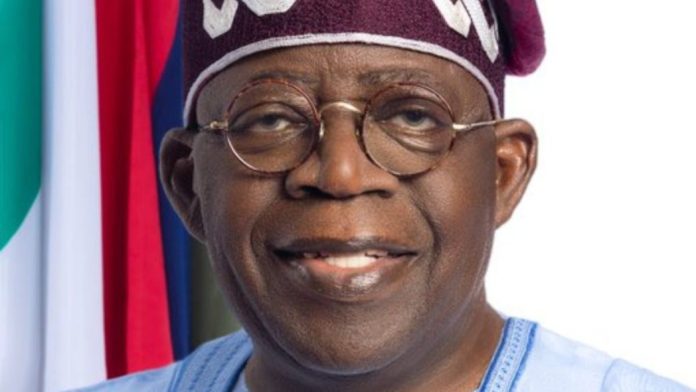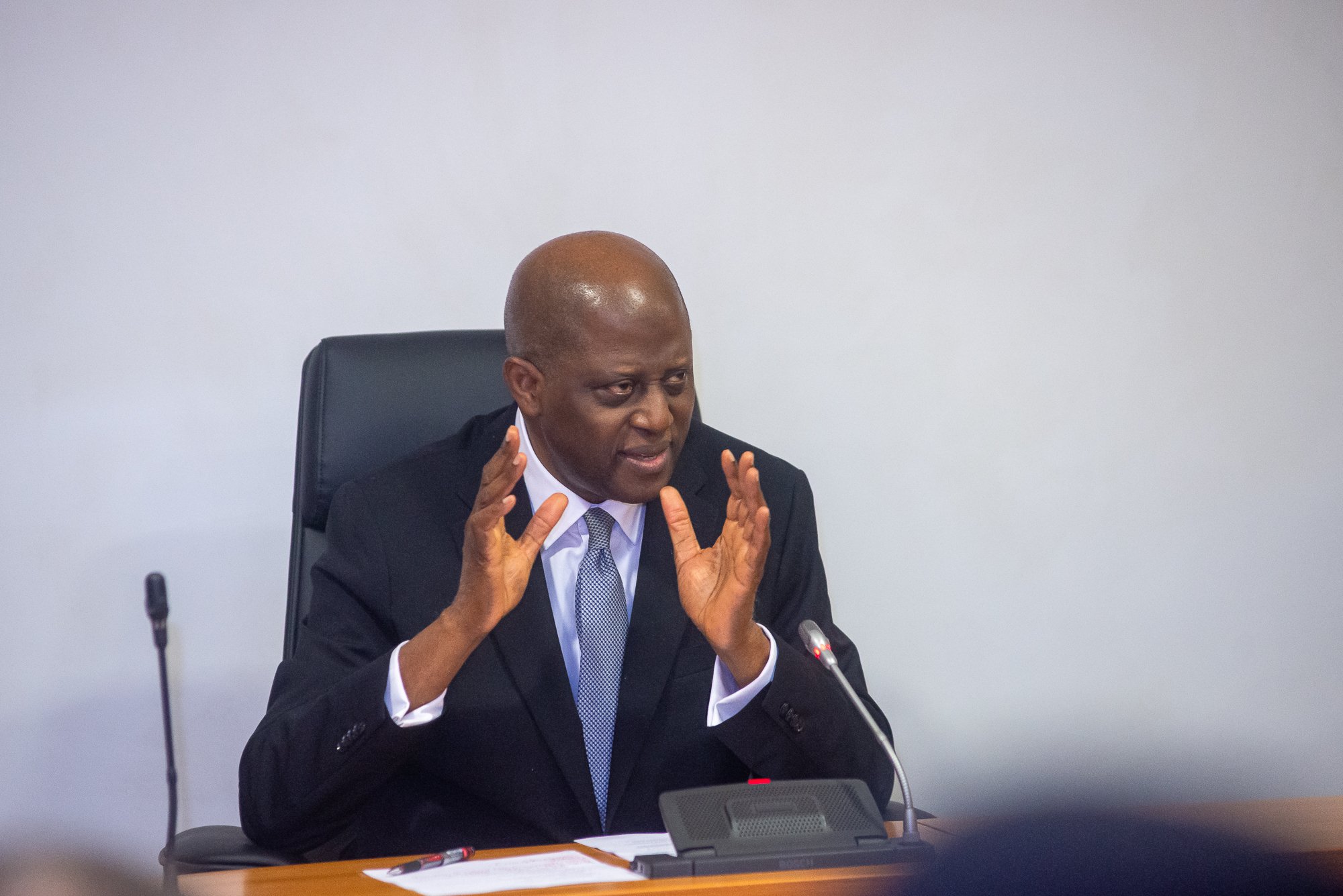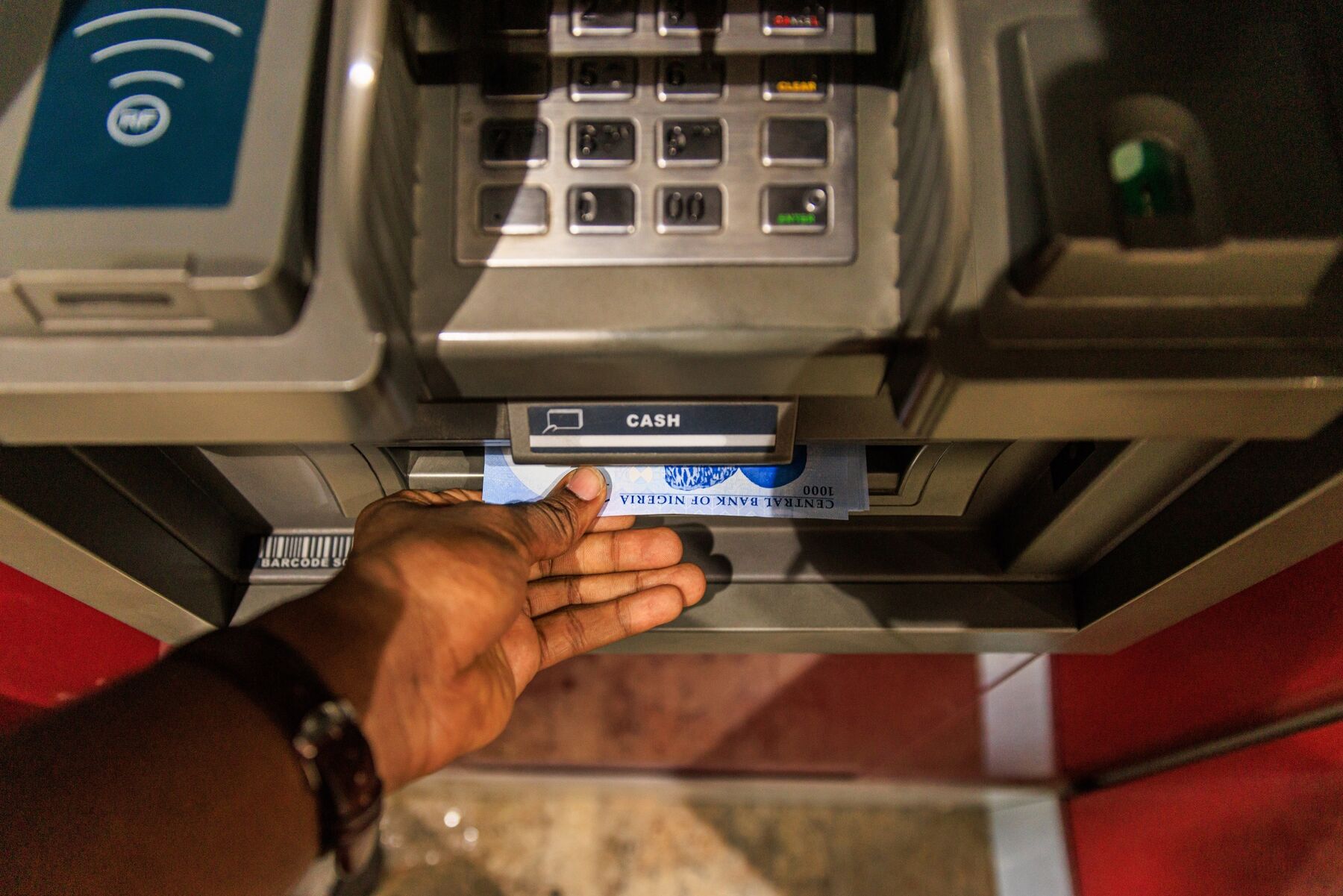National Pride Reborn: Tinubu Reopens Iconic National Theatre, Renames Wole Soyinka Centre

President Bola Ahmed Tinubu recently inaugurated the refurbished Wole Soyinka Centre for Culture and Creative Arts, a landmark event marking the revitalization of the historic National Arts Theatre in Lagos. The facility, which was formally renamed in July 2024 to honour Nobel Laureate Wole Soyinka, had suffered decades of neglect since its original opening in 1977 for FESTAC ’77. The comprehensive facelift, primarily funded by the Central Bank of Nigeria (CBN) and the Bankers’ Committee, represents a significant investment in Nigeria's cultural infrastructure.
The extensive renovation project, for which the Bankers’ Committee committed approximately N68 billion (or an estimated $100 million), introduced modern enhancements throughout the edifice. These upgrades include new lifts, advanced solar power systems, robust fire safety installations, and significantly improved audiovisual and stage equipment. Furthermore, considerable effort was dedicated to the restoration of original artworks and the implementation of modern safety systems and upgraded performance spaces, alongside improved access facilitated by the Lagos Blue Line rail.
Various government officials and stakeholders lauded the reopening as a pivotal moment for Nigeria. Minister of Arts, Culture and Creative Economy, Hannatu Musawa, described the project as “a gift to the nation and a source of renewed pride,” and a “turning point for Nigeria’s cultural and creative destiny.” CBN Governor Olayemi Cardoso echoed this sentiment, calling the edifice “a representation of our history and culture” and emphasizing the N68 billion as a deliberate investment in Nigeria’s cultural future. Lagos State Governor Babajide Sanwo-Olu hailed it as the “rebirth of a national icon,” noting that the centre is now a world-class cultural hub and international conference venue.
Nobel Laureate Wole Soyinka, for whom the centre is named, initially expressed reservations about the renaming. He openly admitted to accepting the honour with mixed feelings, having been a critic of past leaders for appropriating public monuments. However, after witnessing the monumental transformation, Soyinka conceded that the Bankers’ Committee “made me eat my words.” He shared personal anecdotes about the theatre's deplorable state before renovation, including leaking roofs, pools of water, and dangerous exposed electrical wires, which nearly led to the electrocution of his actors. His acceptance came with the profound realization that “this building belongs to me. It belongs to me,” viewing the renovation as a testament to what is possible. Soyinka commended the Bankers’ Committee for elevating the facility to global standards, enabling Nigerians to experience African theatre at home.
Looking to the future, General Manager of the National Theatre, Tola Akerele, outlined a robust sustainability model. This model prioritizes capacity building, creating pathways for artists to refine their crafts, and developing infrastructure that empowers Nigerian creativity to compete globally. Akerele emphasized that engaging and empowering young creatives will be central to this mission, transforming the physical space into sustainable opportunities through well-structured systems, partnerships, and programs. Disun Holloway, Chairperson of Theatre Partners Limited, expressed optimism that the centre will continue to inspire generations, nurture talent, and underscore Nigeria's cultural richness.
President Tinubu, recognizing the importance of ongoing maintenance, directed the Central Bank of Nigeria to establish a National Arts Theatre Endowment Fund. In a related development, former Kaduna senator Shehu Sani publicly urged the Tinubu administration to acknowledge the role of former CBN governor Godwin Emefiele in mobilizing the Bankers’ Committee for the renovation. Sani credited Emefiele for bringing the neglected edifice “back to life.” While Emefiele's contributions to the renovation are noted, it is also acknowledged that he is currently facing multiple legal challenges instituted by the federal government, including charges related to procurement fraud and property fraud.
You may also like...
Consumerism vs Culture: Is Africa Trading Values for Trendy Lifestyles?

Is Africa trading its cultural values for trendy lifestyles? Explore how consumerism, foreign brands, and social media p...
The War on Boys: Are African Male Being Left Behind in Gender Conversations

Why are African boys and men often left out of gender empowerment programs? Explore how emotional suppression, lack of m...
Pay Slip, Motivation Slips: The Silent Crisis Among the Working Class

Across Nigeria, millions of workers are trapped in jobs that pay just enough to survive but too little to live. Beneath ...
Premier League's Unsung Heroes: Bournemouth, Sunderland, and Tottenham Shockingly Exceed Expectations

This Premier League season sees teams like Bournemouth, Sunderland, and Tottenham exceeding expectations. Under Thomas F...
El Clasico Fury: Yamal Controversy and Refereeing Blunders Ignite Post-Match Debates
)
Real Madrid secured a 2-1 El Clasico victory over Barcelona amidst significant controversy surrounding a late penalty de...
Kate Hudson & Hugh Jackman Eyeing Oscars with ‘Song Sung Blue’ Breakthrough

"Song Sung Blue" tells the true story of Mike and Claire Sarina, who find love and acclaim as a Neil Diamond tribute ban...
Pennywise Unleashes Horror: 'It: Welcome to Derry' Premiere Shocks Viewers

HBO Max's "IT: Welcome to Derry" plunges audiences into 1962 Derry, Maine, exploring the origins of Pennywise with a bru...
Zimbabwe's Ammara Brown Stages 'Spectacular' Comeback, New Album Imminent!

Ammara Brown triumphantly returned to the music scene at the Castle Lager Braai Festival after a year-long maternity bre...



